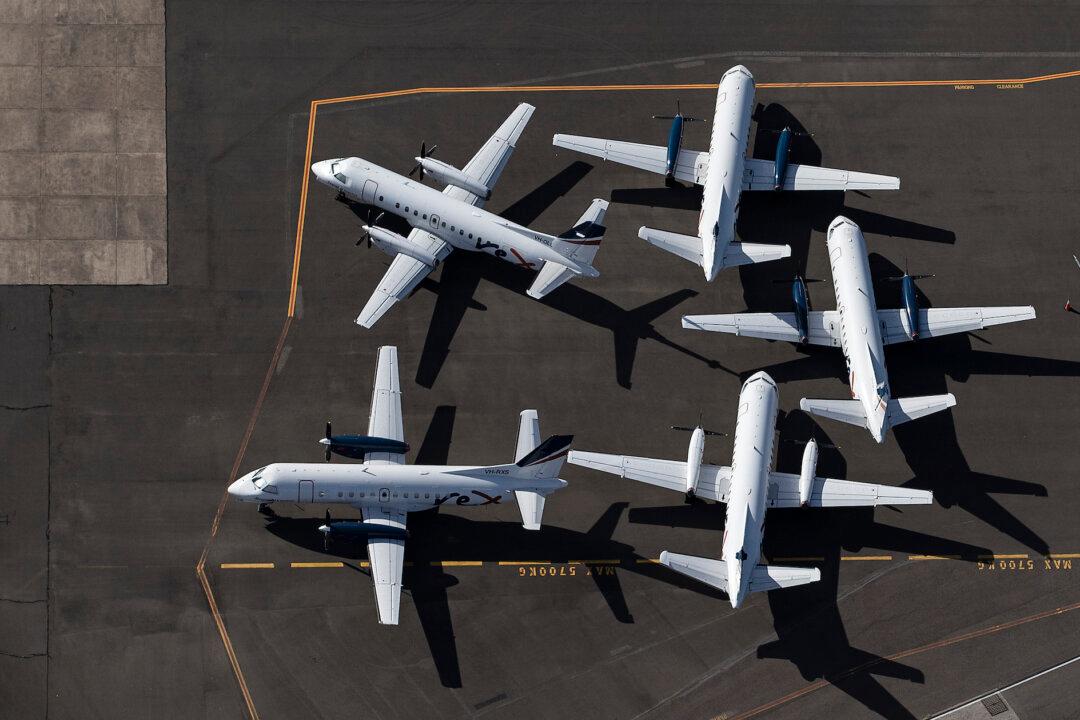One of Australia’s largest regional airline carriers has announced it will be challenging Qantas and Virgin in the competitive “golden triangle” of air travel and will be flying between Sydney, Melbourne, and Brisbane.
The lucrative “golden triangle” contains some of the busiest airways in the world, with Sydney to Melbourne the second most travelled route globally with over 10 million passengers flying between the two largest Australian cities.





